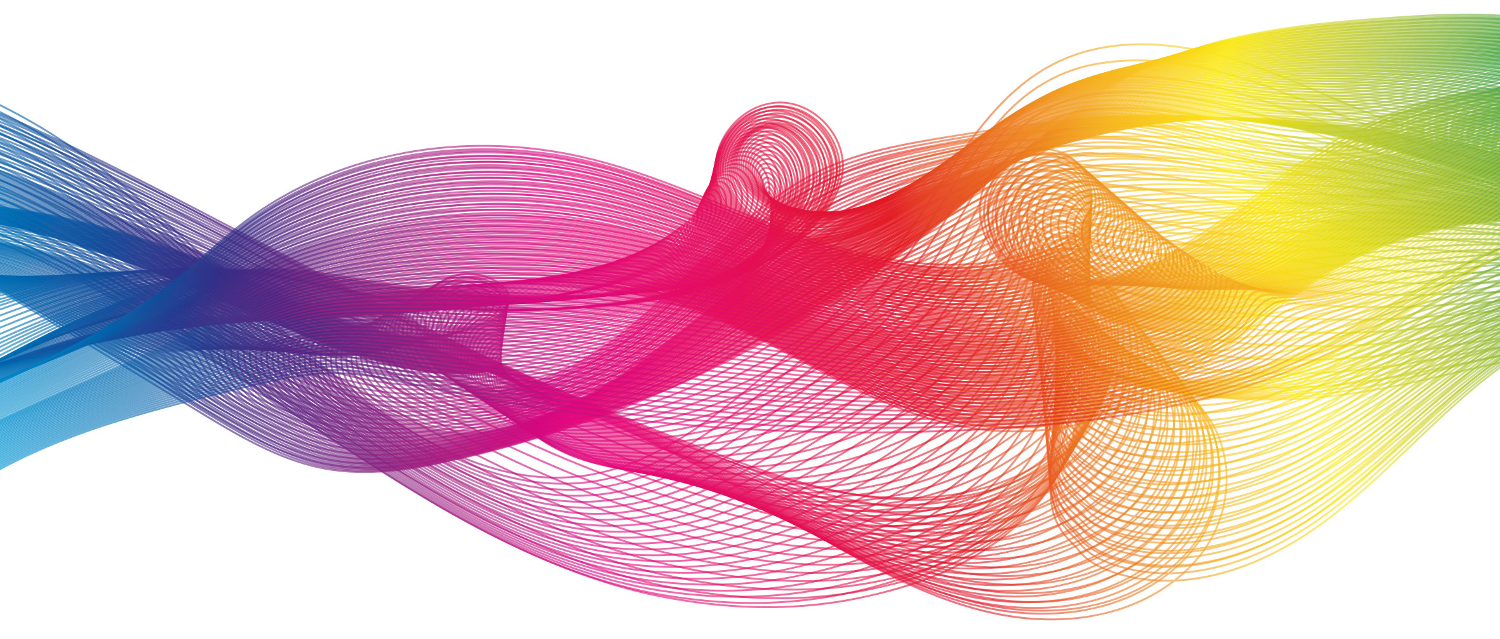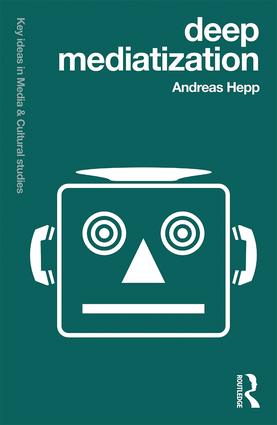CfP for the yearly conference of the DGPuK specialist group Journalism/Journalism Research
Abstracts with a maximum length of 8,000 characters (including spaces) on the topic “Interdisciplinary Journalism Research” can be submitted until 31 MARCH 2020.
Contributions can now be submitted for the annual conference of the Section “Journalism/Journalism Research”, which will take place on 24th and 25th of September 2020. The thematic focus will be on interdisciplinary journalism research, interdisciplinary questions on journalism and the increasing interdisciplinarity of the field itself in all its facets. Submitted contributions may also formally break new ground and include, for example, world cafés, interdisciplinary dialogues or debates, and show-and-tell presentations.
Detailed information is available in this CfP document (in German).

